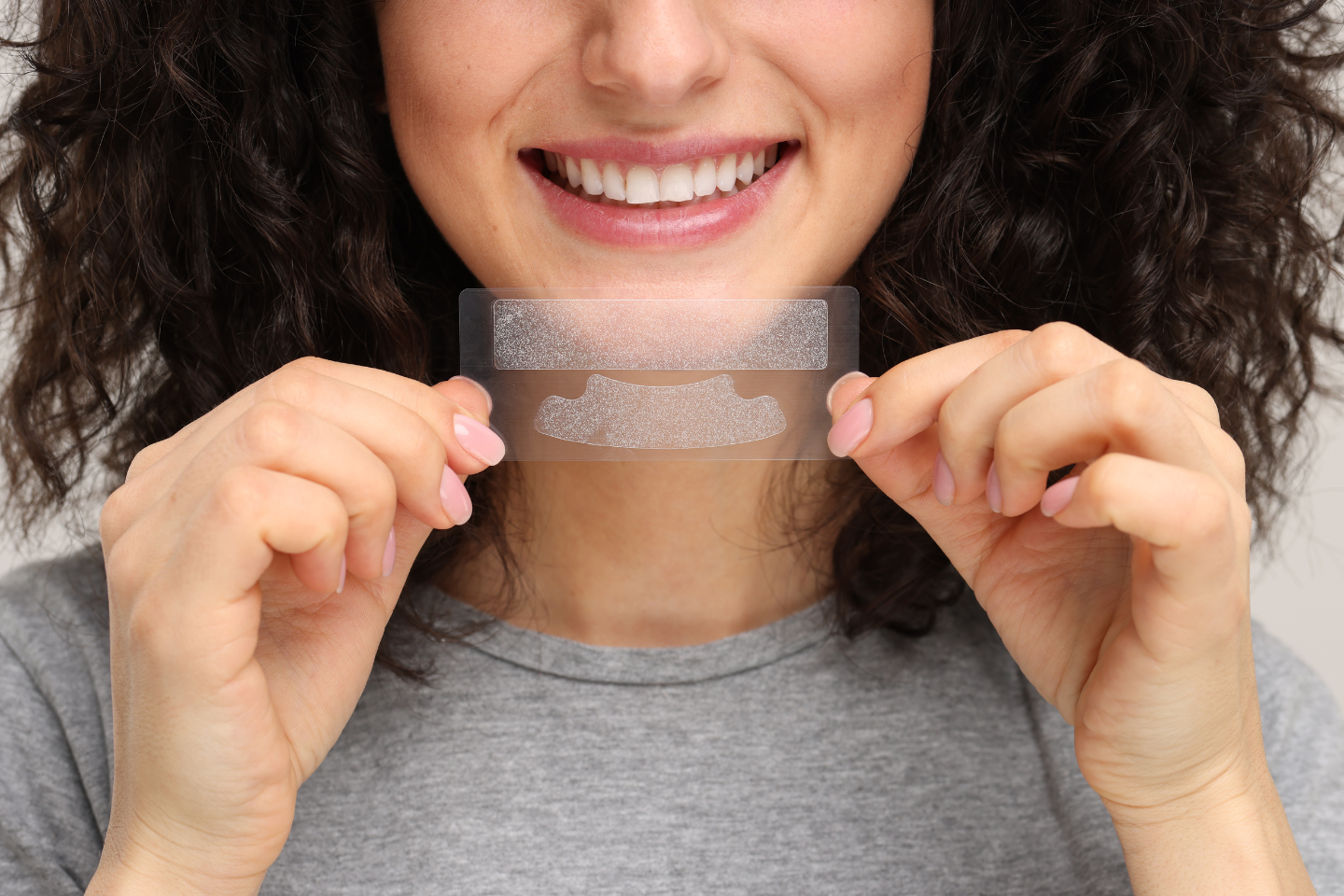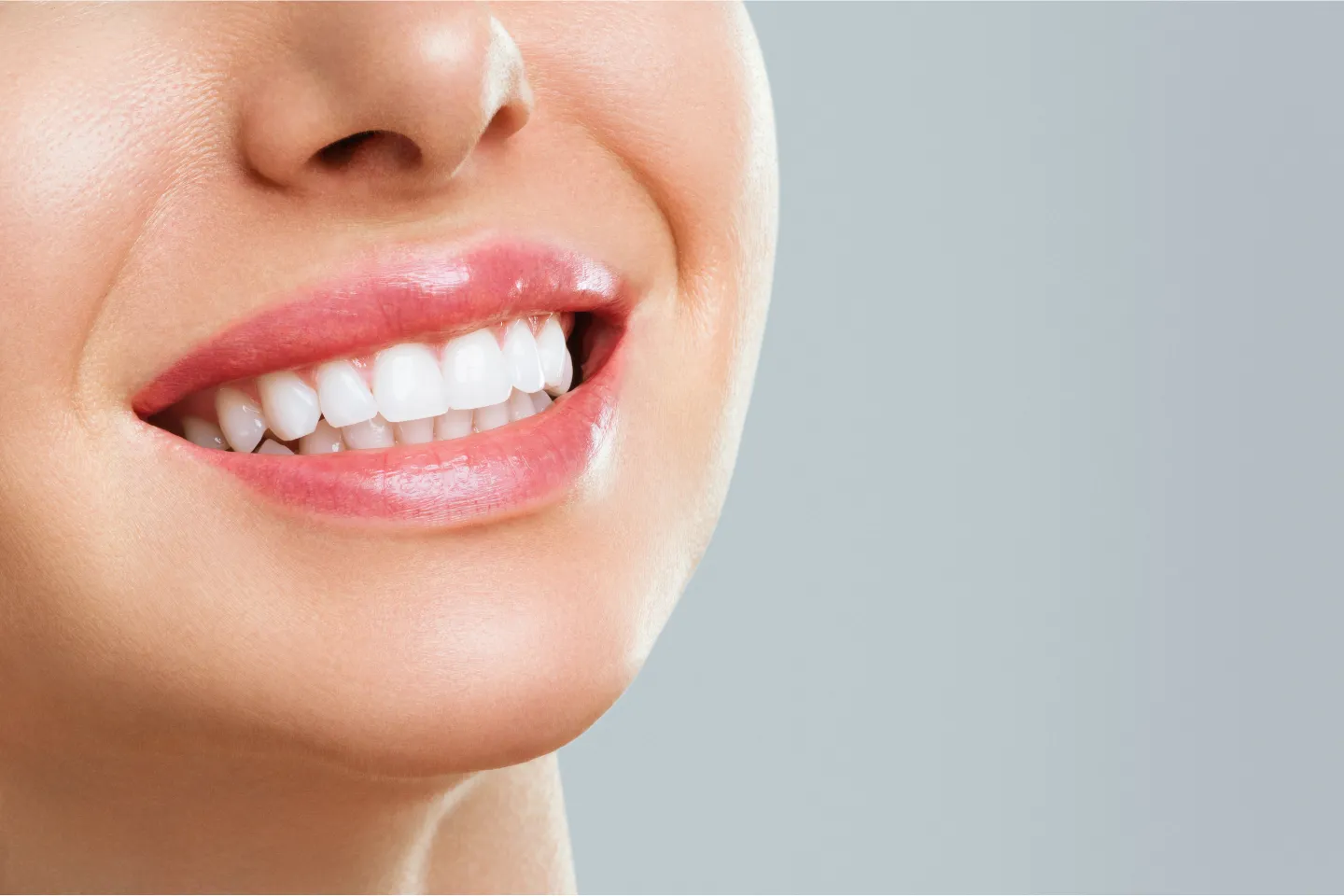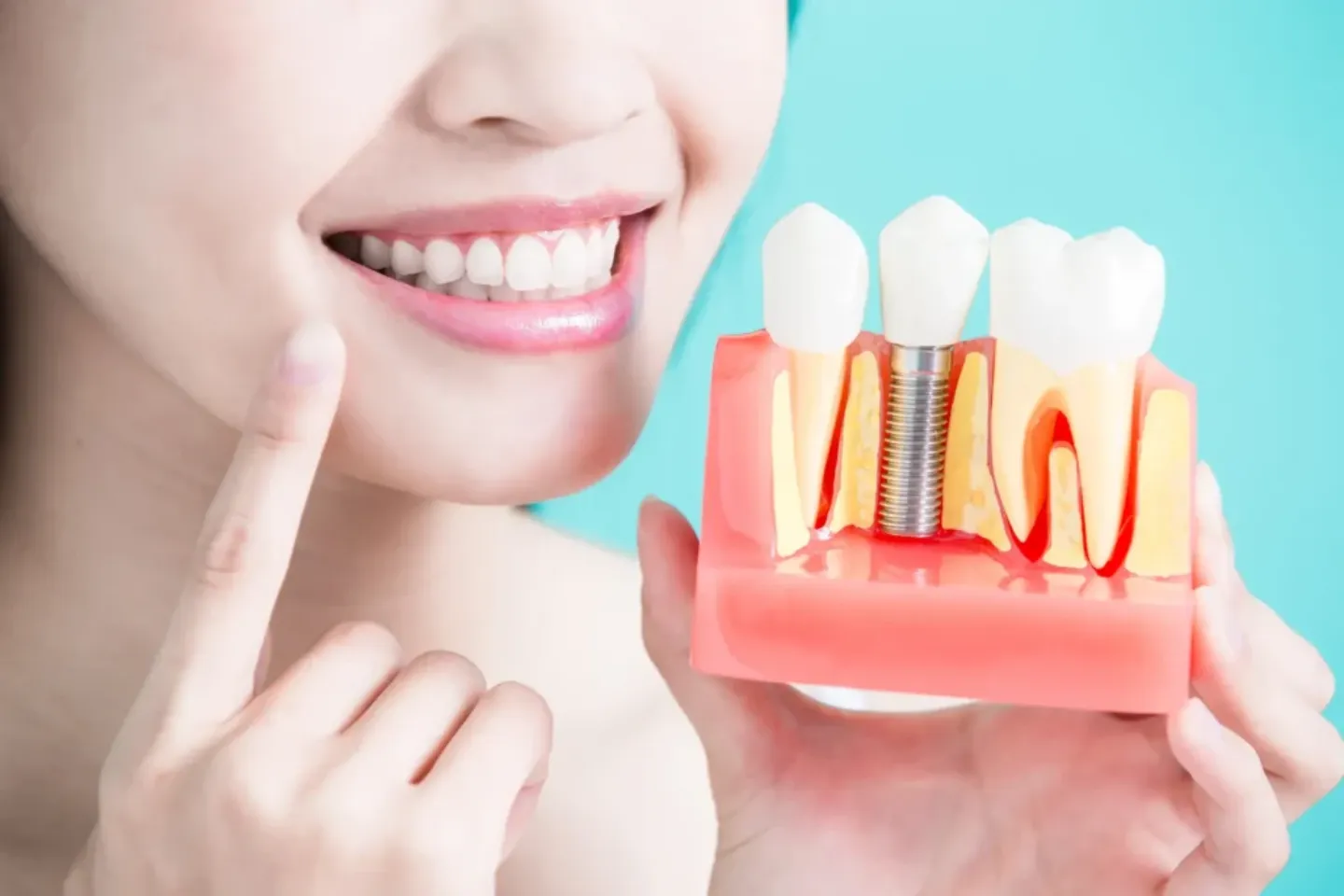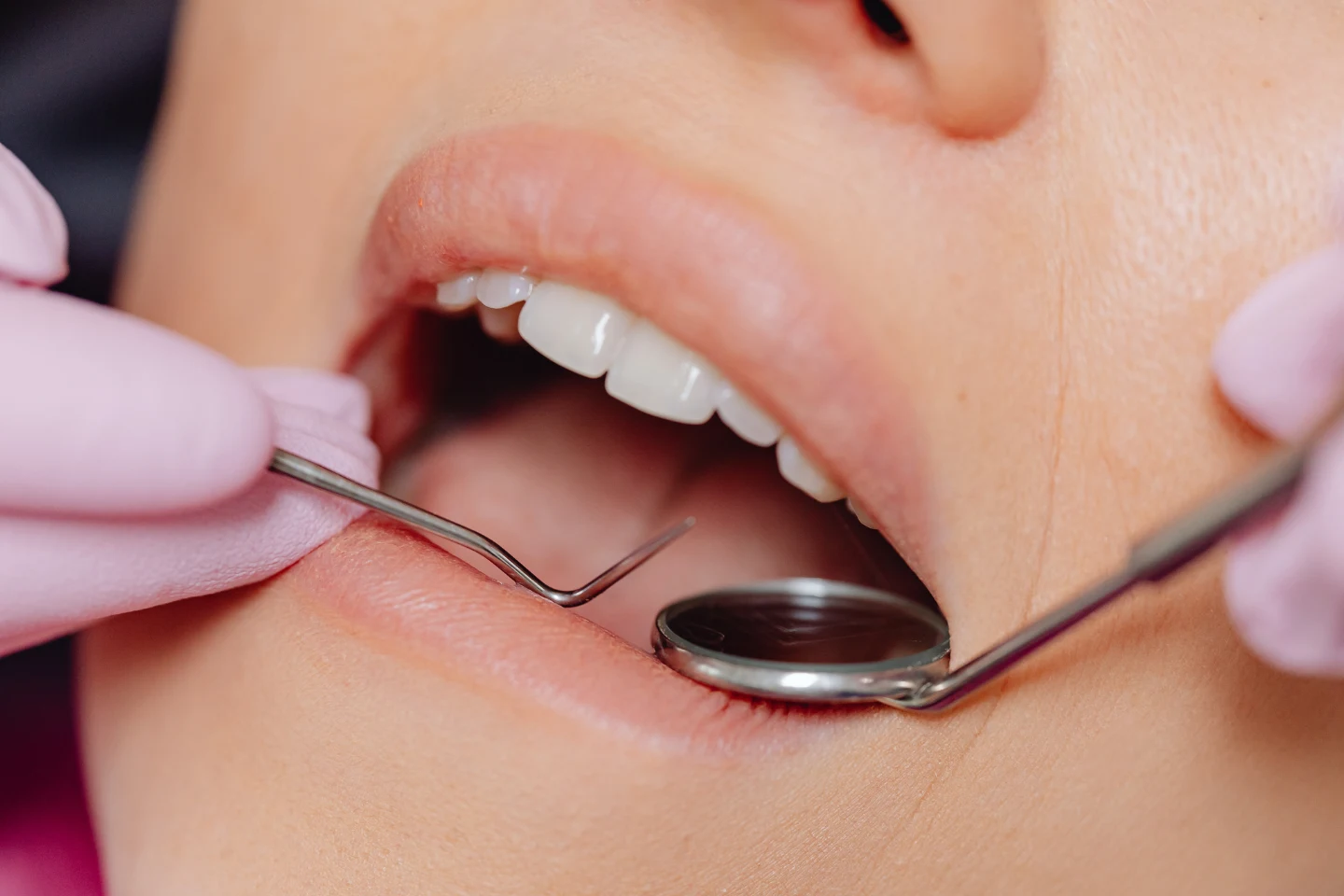One of the questions most asked by patients is, “Does it matter which mouthwash I use?” A great question, especially as there are countless to choose from (it can feel a bit overwhelming, especially if you’re not a dentist!)
Your oral hygiene status will play a big part in what type of mouthwash you should use. Someone with tooth sensitivity will need different things from their mouthwash compared to someone with gingivitis, or a dry mouth (for example). Meanwhile, children generally don’t need mouthwash, unless they have a condition requiring a prescription.
Let’s take a look at a variety of dental conditions and give you an idea of the type of mouthwash needed for each.
Which Mouthwashes Should You Use For Which Conditions?
Antibacterial mouthwash may be needed to address these conditions, and these can be prescribed by a dentist or hygienist. These are to be used on a temporary basis.
Dry mouth (clinical name xerostomia) is a condition estimated to affect approximately 20% of the population. You should avoid mouthwash containing alcohol, which will only exacerbate the condition (alcohol decreases the flow of saliva).
Corsodyl is the main leader amongst mouthwashes for gum disease, but it is for short-term use only. If you have persistent symptoms of gum disease that don’t improve with a good oral hygiene routine (including using mouthwash such as Corsodyl), you should see a hygienist for a gum examination.
Do Children Need Mouthwash?
- Children should not have mouthwash if they’re under the age of 6, as their teeth are still forming and susceptible to fluorosis. Whilst fluorosis isn’t a serious health condition, it can alter the appearance of teeth, changing their texture and shade. Mouthwash containing alcohol (or prescription mouthwash) should also not be given to children.
- Make sure you keep mouthwash out of the reach of children.
- Older children may benefit from cosmetic mouthwash for fresher breath (common amongst teenagers). However, the main focus should be on making sure children brush twice a day, and get into the habit of flossing at least once a day (which can be a challenge in itself!)
The Key Points To Takeaway
- The mouthwash you use depends on your unique health needs.
- Mouthwash containing alcohol should ideally not be used, unless you have a condition that requires treatment – you can simply use cosmetic mouthwashes instead.
- Children under 5 do not need to use mouthwash.
- Wait half an hour after brushing to use mouthwash (this will prevent it from rinsing away the fluoride protection given by your toothpaste). Use your mouthwash after breakfast or during the day.
Helping Leeds Fight Gum Disease – Meliora Dental Offers Personalised Gum Disease Care
- Gum care is something we do best here at Meliora Dental. We can provide tailored advice on flossing and brushing techniques, diagnose your gum disease risk, and help you prevent it.
- Avoiding gum disease (the leading reason for tooth loss in adults) is easier than you think. Simply coming along to routine hygienist visits can reduce your risk of gum disease dramatically.
- Contact our reception team for prevention-oriented treatment from an oral hygiene-focused team.







.svg)








.svg)













